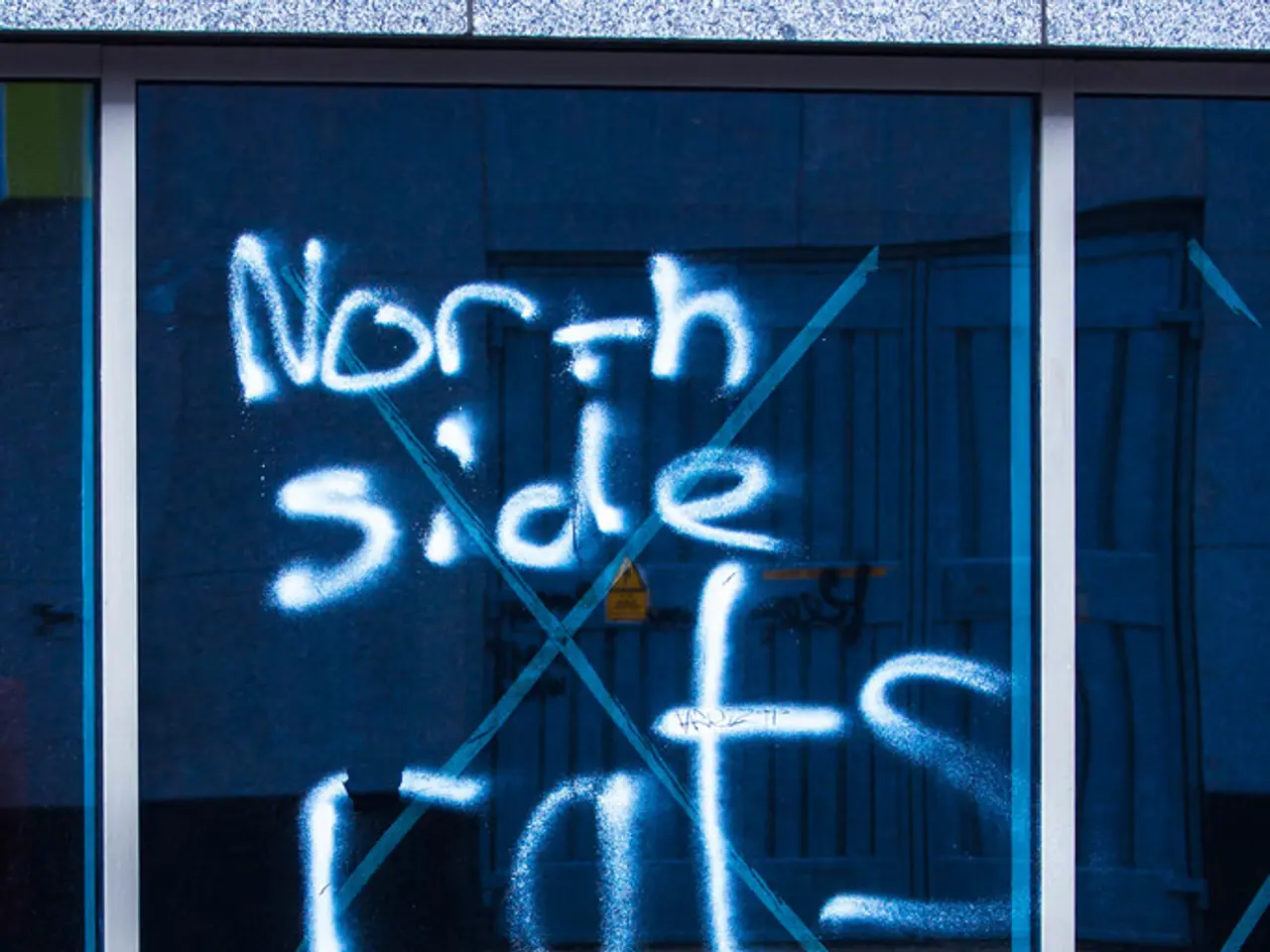Increased security measures at German borders over the past three months: Results and impact analyzed
In response to the anticipated staffing challenges at airports and train stations during the summer travel rush and stricter border controls, the German government is taking decisive action.
According to reports, the number of officers deployed at the borders each day has increased from 11,000 to 14,000. This represents just under a third of the total federal police force. Meanwhile, the Ministry of the Interior is keeping the number of officers at airports and train stations secret for "tactical reasons."
In a bid to address the potential pressures on the force, the federal police are planning to add 1,000 new officers in 2026. This move is expected to help manage internal security demands, which likely include the impacts of stricter border controls.
The broader government security budget also shows a major increase, supporting investments in both funding and personnel for security. However, specific details about overtime levels are not readily available. The absence of such data in the recent sources suggests that the government is addressing pressures on the force, which may have included elevated overtime up to now.
Between May 8 and July 31, a total of 9,254 people were turned away at the borders. Most of the rejections occurred at the border with France (2,038), followed by four-digit numbers at the borders with Poland (1,816), Switzerland (1,760), and Austria (1,623).
Despite the staffing increases and budget growth, some departments have had to change their duty rosters and are "largely foregoing training and further education." The police union, GdP, has stated that the federal police are still under a lot of pressure from the increased internal border controls.
The Interior Ministry has given the assurance that the federal police will fulfill their legally assigned tasks. However, forecasts suggest a potential staffing shortage at train stations due to the increased workload. A reported shortage of around 4,000 officers at train stations and stops alone has been highlighted.
By June 30, the federal police had accumulated 2.9 million hours of overtime. The majority of the overtime has been accumulated by officers over many years, with 2.4 million hours accumulated as of March 31, 2025.
In summary, the Federal Police will increase by 1,000 officers in 2026 to handle growing duties, including stricter border controls. The German government is massively investing in internal security, which improves capacity and may relieve overtime pressures. However, no specific data on overtime levels or overtime policy changes for the federal police were found in the available search results. This staffing increase is part of a broader trend of expanding and funding Germany's security forces in reaction to evolving security needs.
In light of the increased workload and stricter border controls, the federal police may seek assistance from other related departments, such as the 'politics' sector or the 'general-news' media to communicate changes and updates more effectively. Governments often face similar challenges when addressing increased security measures, and addressing 'crime-and-justice' issues may also extend to cracking down on border violations, creating a need for overtime and potentially increasing the risk of staff shortages.








